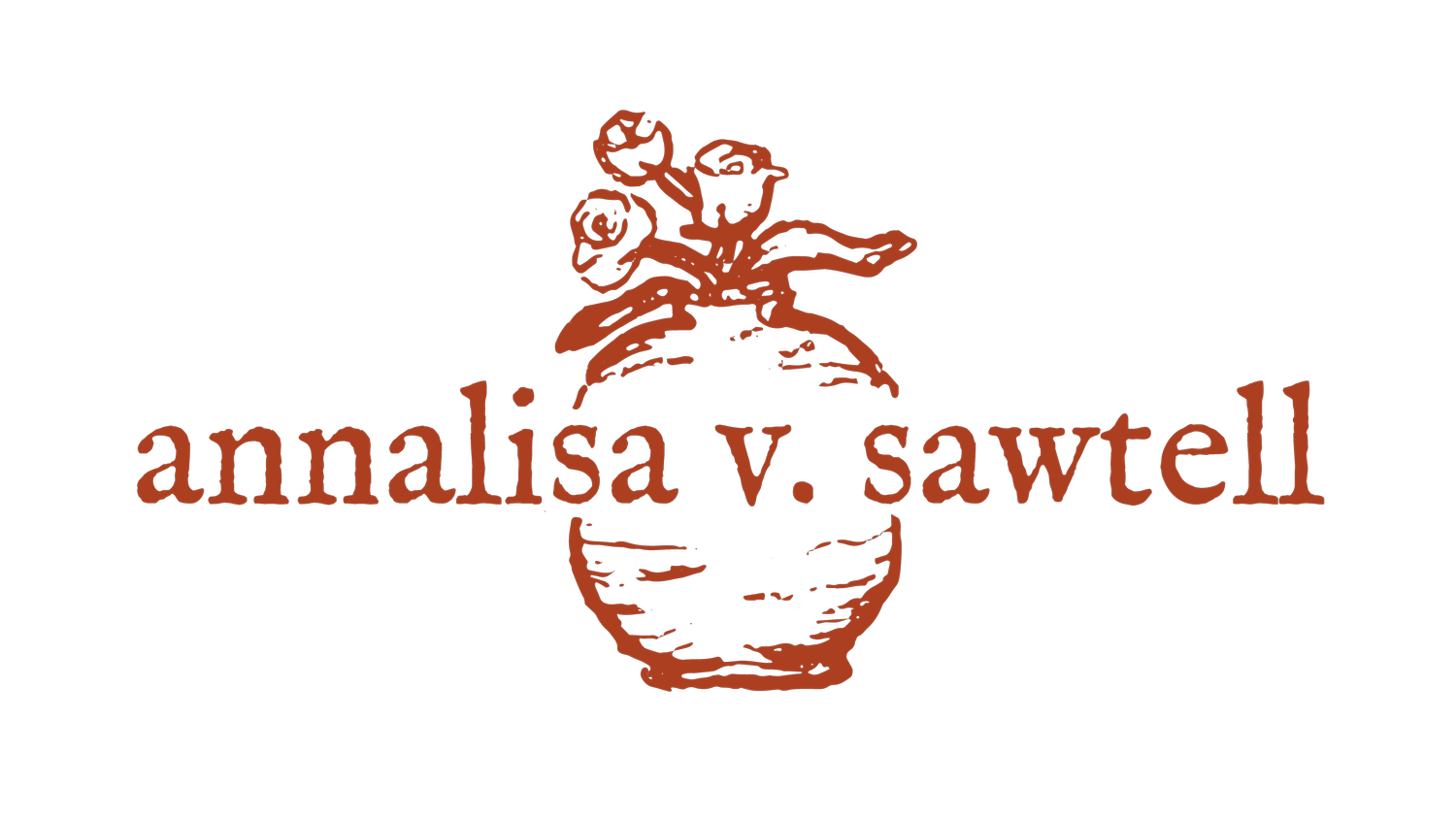The Refreshment of Repentance: A Look at Leviticus 4, John 3:17, and James 5:16
If we confess our sins, he is faithful and just and will forgive us our sins and purify us from all unrighteousness.
—1 John 1:9 NIV
The only thing that stands between us and the refreshment of repentance is proper humility.
This idea stood out to me as I considered the nature of sin this morning on the drive into school with my four-year-old. It had been a challenging morning for him, and he was feeling sad. I suspected it may have had to do with shame he was holding over a few rebellious events that had taken place over the course of the morning. I said a prayer for God to expose the root of his heaviness and replace it with his the organic joy that comes from truth.
Coming off of a reading of Leviticus 4 the night before, the idea of intentional versus unintentional sin was ringing in my mind. While this topic—at surface value—may appear as one that would add to the heaviness of a situation, upon deeper consideration, there are a few truths that I believed would have the opposite impact: heart-lifting encouragement.
One of those most wonderful things about interacting with a young child is that their sensitivity provides natural incentive to highlight the bright and beautiful side of everyday spiritual truths. Breaking down the varied nature of our sin would be no exception.
As I explained the dual-nature of our sin to my tear-stricken four-year-old, the cross remained crucially in-clear-view. I let my little buddy know that there are two kinds of sin that Jesus forgives us for: intentional sin (like when a person might hit their brother for example, on purpose) and unintentional sin (like when a person is simply too weak in the faculties of emotional regulation to walk in immediate obedience). While intentional sin is more obvious to recognize and, perhaps, may seem simpler to repent of, the Bible makes no mistake that unintentional sin is just-as-much sin.
Cue the silver lining: the blessed atonement of our Savior. I’ll say it again, with emphasis: these are the two kinds of sin for which Jesus forgives us. When we view confession of sin as something that keeps us stuck in our shame, the news of our unintentional sin “still counting” could come off as devastating; however, when we view our unintentional sin as something that Jesus came to set us free from, bringing those hidden motives into the light—as we develop awareness—may become one of the most beautiful steps forward in our faith journeys.
Because remember: God didn’t send Jesus to condemn us. He sent Jesus to save us! (John 3:16-17)
The poet (also: king, sinner, man of God) David comes to mind as he speaks in Psalm 19:12-13:
But who can discern their own errors?
Forgive my hidden faults.
Keep your servant also from willful sins;
may they not rule over me.
Then I will be blameless,
innocent of great transgression. Psalm 19:12-13 NIV
David acknowledged the dual-nature of his sin, and knew the wisdom of inviting God into the mix of both. He didn’t view understanding the details of his hidden sin as a prerequisite to humbly asking for forgiveness. It’s no wonder he was considered a “man after God’s own heart”; he understood the grace of the Lord and sought it out with tender contrition. (1 Samuel 13:14, Psalm 51:17)
To circle back to the situation that had unfolded with my son: while only God knows the deep inner-workings of the heart, it seemed to me that giving my four-year-old space to acknowledge his unintentional sin as sin—while keeping the grace of God, poured out in Christ, as focal—helped set him free from some of the shame and heartache he was experiencing, lifting his spirits.
May we not try to bury those sins we know to be unintentional—honest (but perhaps hurtful) mistakes or the inadvertent results of our human frailty—but may we walk in the power of confession, revealed in James 5:16 (below), bringing our failures into the light, confessing in prayer, and experiencing healing:
Therefore confess your sins to each other and pray for each other so that you may be healed. The prayer of a righteous person is powerful and effective. James 5:16
God bless you today as you step ever-more-fully into his glorious light! Love to you!
For more on this topic: Leviticus 4, 1 John 1
Looking to disciple children in your life, but not sure where to start?
Consider this easy-to-use, grace-filled, and beautiful resource: Truth Cards for Kids.
A year’s worth of Biblical truths, broken into four categories: heart, soul, mind, and strength. Enable your child to grasp key tenets of the Gospel, understand how to grow in their faith, be strengthened in core wisdom, and learn how to live it out.
The whole family can learn together! With toddler-friendly truths, memory verses, and opportunities for cross-referencing, there an opportunity here for every child. I break down the full experience in a blog post (and include directions for use) here.










